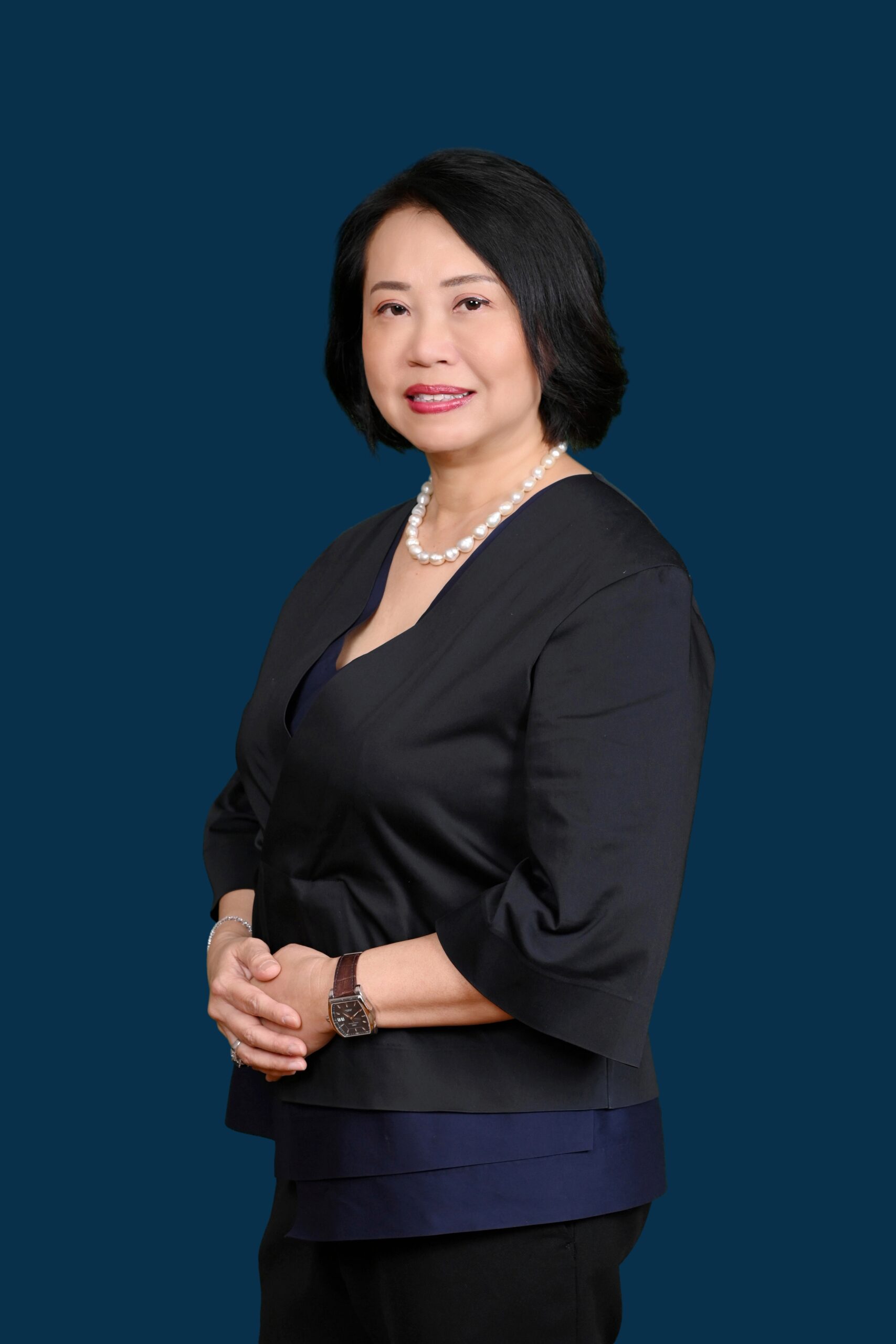After selecting the most suitable venue to arbitrate, you would have to choose an arbitration model that meets your needs and preferences. Remember, it is important that this choice must be clearly reflected in the dispute resolution clause of your contract.
The choices for international arbitration in Singapore are between Singapore Chamber of Maritime Arbitration (SCMA) and Singapore International Arbitration Centre (SIAC). The SCMA model is largely an “un-administered” one, which is adopted by nearly all maritime arbitration centres including London. This model provides greater flexibility and autonomy to the parties and the arbitrator(s). SCMA does not monitor or administer the cases, only providing a framework of rules for parties to resolve their disputes. As for the arbitrators’ fees, they are directly negotiated between the parties and arbitrators.
Think of SCMA like a football stadium, which allows teams from any nationality to play a match, bring their own referees and use their own rules in the game. All SCMA does is provide the infrastructure to ensure a fair game. This ensures a lower cost for the parties involved as the model is inherently flexible, with minimum involvement. With that said, the SCMA secretariat is able to provide any assistance if required.
On the other hand, the SIAC model is an administered one. They have very specific rules and processes and the arbitrator(s) are much more involved in the case, which requires greater manpower and higher administrative costs. At the same time, under the SIAC model, the arbitrators’ fees are charged as a percentage of the amount in disputes and thus, the higher the disputed amount, the greater the fees payable.
Each model has its pros and cons, however, as mentioned, most maritime arbitration models are based on the “un-administered model”, given the global scope of operations and the need for greater flexibility and cost-effectiveness.
Now that you have understood the two models available, allow me to share why SCMA should be your choice for resolving maritime disputes. SCMA was set up on 22nd May 2009 as a specialist forum and framework for maritime disputes. It gives parties considerable autonomy, offering a panel of over 100 experienced arbitrators to choose from and the ability to nominate arbitrators outside the panel as well. Such diversity and choice is critical for parties.
Being a “not for profit” organisation and funded by a public-private partnership, SCMA is free from any “special interest” or “lobby” groups. It mirrors the independence, trust, and neutrality of Singapore as a venue. Essentially, the SCMA model is flexible, well-established and cost-effective.
However, this does not mean that you should choose SCMA for all your maritime disputes. So, how do you determine SCMA’s suitability for a particular contract? You can do so by confirming the presence of any one of these indicators:
The presence of any of the above indicators makes SCMA the recommended choice for the parties. Remember, this choice must be specified at the time of agreeing to the contract.
If you choose SCMA to resolve your disputes, here are some key things to remember:
Remember that the genesis of the dispute resolution clause is during the contract negotiation stage. Once you have a clear and workable dispute resolution clause, even if a dispute does arise, you will not be caught unawares. To ensure a right clause, you need to choose the right dispute resolution method and venue to arbitrate.
In Singapore, SCMA, as a specialist maritime arbitration forum, offers a good model for maritime disputes. Keep in mind the mantra – Deal Global, Dispute Local.
I leave you with a quote from Dalai Lama, “Don’t let a little dispute injure a great relationship.” Disputes are roadblocks on the great business relationship path, it is up to you to navigate them or crash into them!







